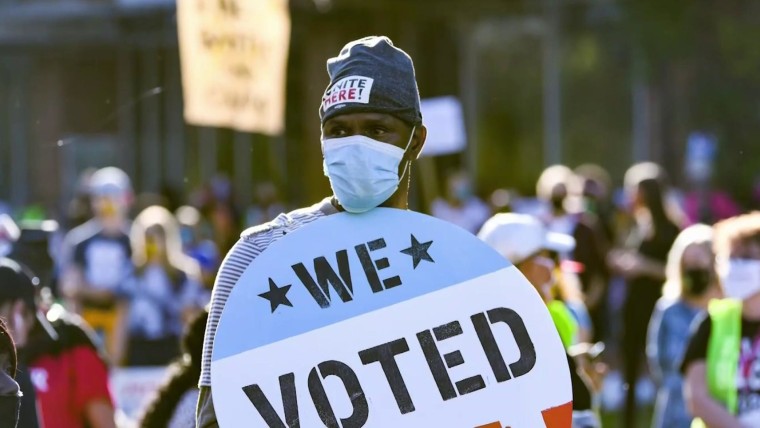In two decisions Thursday, the Supreme Court made it easier for consumers to sue companies that have a nationwide presence and to hold police accountable for excessive use of force.
In a unanimous ruling, the court said Ford Motor Company could be sued for allegedly defective vehicles involved in accidents in Montana and Michigan. One case was brought by family members of a Montana woman who died in the crash of a 1996 Explorer that her family members said had a design flaw. The second lawsuit was filed by a man claiming he was injured in the crash of a defective Crown Victoria in Minnesota.
Ford said it could be sued only in states where the vehicles were actually designed, manufactured or sold. The company originally sold the cars at issue in these two cases in other states.
But the court ruled that because Ford markets, sells, and services its products nationwide, state courts can consider product liability lawsuits against the company. The opinion, by Justice Elena Kagan, said Ford is incorporated in Delaware and headquartered in Michigan, “but its business is everywhere.”
In the second case, the court ruled 5-3 that police can be sued for using excessive force, even when it fails to stop someone from fleeing. The case involved a New Mexico woman, Roxanne Torres, who drove away from a parking lot when police approached to question her.
Thinking they might be carjackers, not police officers, she sped away. They fired 13 shots, hitting her twice in the back. She sued, claiming they used excessive force, making the shooting unconstitutional under the Fourth Amendment’s protection against unreasonable seizures.
The police said it wasn’t a seizure, since she wasn’t stopped by their gunfire. But Thursday’s opinion said it was a seizure nonetheless. Writing for the majority, Chief Justice John Roberts said the law has long held that the use of force intended to restrain amounts to a seizure, even if the person escapes.
He stressed, however, that the ruling “does not transform every physical contact between a government employee and a member of the public into a Fourth Amendment seizure.” He said the decision says nothing about uses of other forms of police force, such as pepper spray, flash-bang grenades, or lasers.
Jeffrey Bellin, a professor at William & Mary Law School, said Thursday’s decision will make it easier to sue for excessive police force at a time when the country is increasingly concerned with police violence.
“The ruling that a ‘seizure’ occurred in this case means that more unjustified police shootings and other uses of force can be found to violate the Constitution.”
The court’s newest member, Amy Coney Barrett, took no part in deciding either case. She took her seat on the court, succeeding Ruth Bader Ginsburg, after both cases were argued in October.
Source: | This article originally belongs to Nbcnews.com












